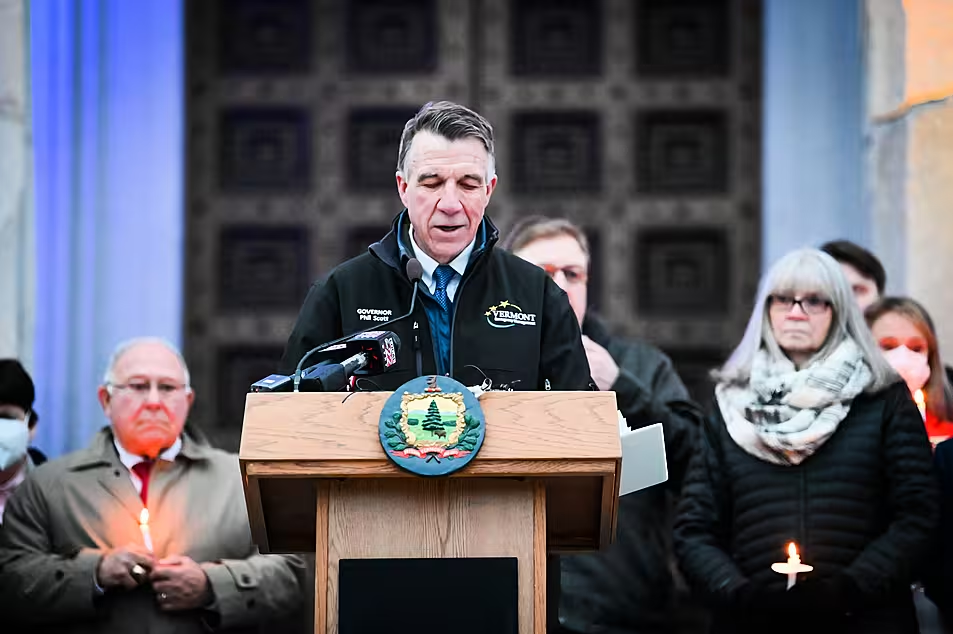Vermont has become the first state to enact a law requiring fossil fuel companies pay a share of the damage caused by climate change after the state suffered catastrophic summer flooding and damage from other extreme weather.
Republican Governor Phil Scott allowed the bill to become law without his signature on Thursday.
He said in his message to lawmakers that he is “deeply concerned about both short and long-term costs and outcomes”, and if the state fails in this legal challenge “it will set precedent and hamper other states’ ability to recover damages”.

Maryland, Massachusetts and New York are considering similar measures.
Under the legislation, the Vermont state treasurer, in consultation with the Agency of Natural Resources, would provide a report by January 15th, 2026, on the total cost to Vermonters and the state from the emission of greenhouse gases from January 1st, 1995, to December 31st, 2024.
The assessment would look at the effects on public health, natural resources, agriculture, economic development, housing and other areas.
It is a polluter-pays model affecting companies engaged in the trade or business of extracting fossil fuel or refining crude oil attributable to more than one billion metric tons of greenhouse gas emissions during the time period.
The funds could be used by the state for such things as upgrading storm water drainage systems; upgrading roads, bridges and railways; relocating, elevating or retrofitting sewage treatment plants and making energy efficient weatherisation upgrades to public and private buildings.







